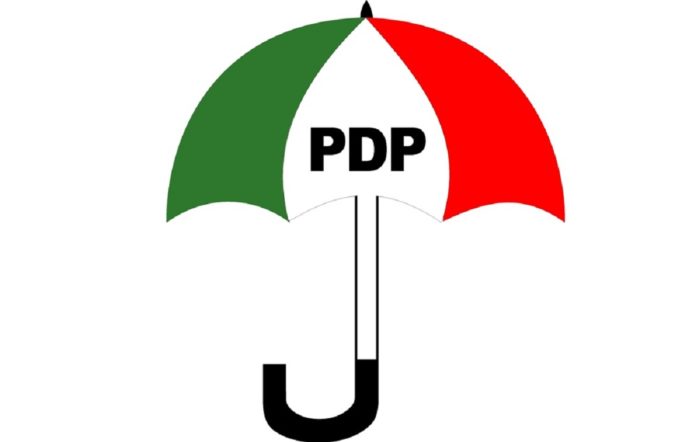By: Daure David
Southern Kaduna, a stronghold for the People’s Democratic Party (PDP) since 1999, is currently witnessing a historic shakeup that may mark the end of an era for the party in the region. For the first time in over two decades, the PDP’s once-firm grip on this key region is facing serious challenges, and political analysts are beginning to sound the alarm.
In the past, areas such as Chikun, Zango, and Kauru were reliable sources of votes for the PDP. However, recent electoral trends suggest that the political landscape in southern Kaduna has dramatically shifted. According to various sources, the indices show that it will no longer be “business as usual” for the PDP in these areas. The once-vibrant support for the party is now waning, and questions are being raised about the party’s ability to maintain control in the coming elections.
At the state level, the situation appears bleak for the PDP. Out of the 18 state and federal legislators in southern Kaduna, including Chikun, Kajuru, Zango, and Jaba, the All Progressives Congress (APC) now holds 12 seats. In stark contrast, the PDP has managed to retain only five seats, with one seat currently vacant, pending a bye-election. This marks the first time the PDP has faced such a significant decline in its representation across southern Kaduna since the beginning of the Fourth Republic in 1999.
Among the PDP’s remaining lawmakers are Hon. Ali Kalat from Jema’a, Hon. Asu from Kaura, and Hon. Stingo from Kajuru. However, the loss of several prominent figures, such as Hon. Amos Gwamna from Zango/Jaba and Hon. Donatus Mathew, both of whom recently defected to the APC, signals a troubling trend. The PDP’s once-dominant presence in the National Assembly is now in jeopardy, with Kauru, Kachia, and Kagarko all firmly under the control of the APC.
Local government elections have also seen a shift in favor of the APC. All the local government chairmanships in southern Kaduna—spanning Chikun, Kaura, and Zango—are now held by members of the APC. This is especially significant because the PDP had long relied on its organizational machinery in these regions to secure votes and prevent manipulation at the polls. The growing strength of the APC in these areas has made it increasingly difficult for the PDP to maintain its hold.
One of the most significant consequences of this shift is the potential for the PDP’s further erosion of support in the region. Historically, southern Kaduna has been a strong bastion for the PDP, and the party’s loss of key seats and loyal representatives has shaken the foundation of its political influence. It is evident that the party is facing a serious threat, both from the APC and from internal challenges that have undermined its cohesion.
For the PDP to regain its footing in southern Kaduna, it will need to reassess its strategy and re-engage with its core base. The party’s future in the region depends on its ability to adapt to the changing political dynamics and respond to the growing dissatisfaction among voters. Whether it can reclaim its former dominance or whether the APC will solidify its position remains to be seen, but one thing is clear—the political balance in southern Kaduna has shifted, and the PDP must take note.
The next few months will be critical as both parties prepare for upcoming elections and the battle for political supremacy intensifies. The future of southern Kaduna’s political landscape is uncertain, but it is evident that the PDP’s once unassailable position in the region is no longer guaranteed.







